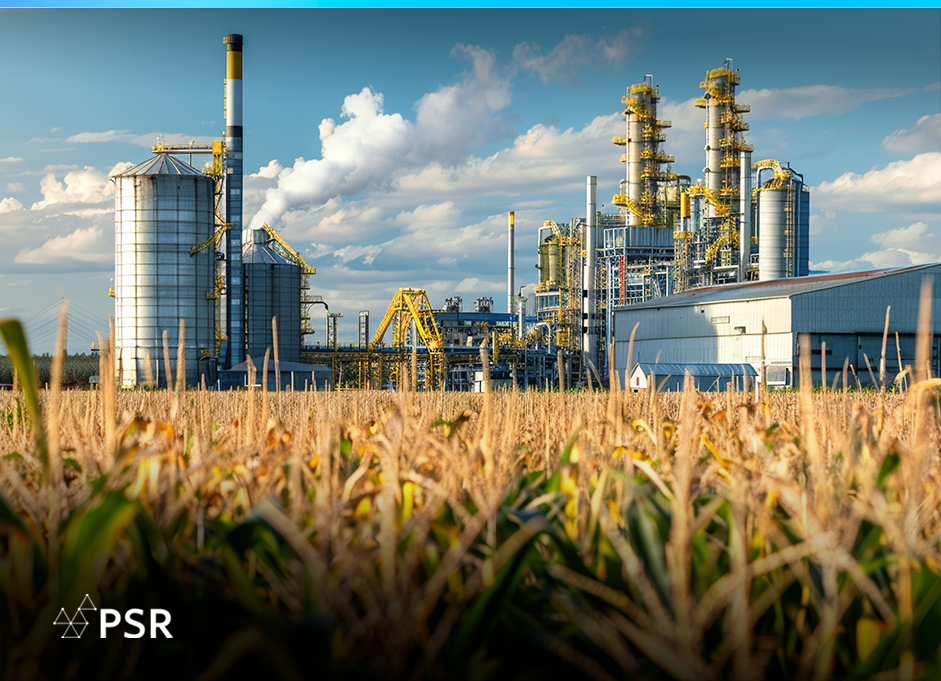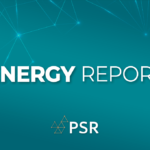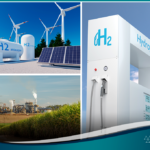PSR experts publish report on opportunities and challenges of low-carbon methanol in Brazil

With the growing pressure to decarbonize the economy, low-carbon methanol has become a strategic alternative for Brazil. In this scenario, PSR produced the report “Low-carbon methanol: an opportunity for Brazil?“, which examines the role of this fuel in the energy transition and its opportunities in the national context.
Methanol has applications in various sectors, such as the chemical industry and biodiesel production, in addition to showing great potential to decarbonize maritime transport. This sector, responsible for around 3% of global emissions, finds in the fuel a promising and more sustainable alternative to the fossil fuels currently used.
For methanol to be used in maritime transport, several barriers still need to be overcome, especially with regard to economic and infrastructure issues. On the other hand, global projections estimate significant growth in methanol consumption, driven by international targets and policies to reduce emissions in this sector.
Based on this, the report explores the costs and emissions intensity of the different production routes for low-carbon methanol, such as e-methanol, biomethanol and blue methanol. In addition, the document indicates that, although Brazil depends on imports for fossil-based methanol, there is considerable potential for the production of sustainable fuel locally, taking advantage of resources such as renewable electricity, biomethane and sustainable sources of CO₂.
The report was prepared by Rafael Kelman, executive director at PSR; Luana Gaspar, head of Decarbonization at PSR; and Miriam Günter, environmental engineer at RWTH Aachen and master’s student in Energy and Process Engineering.
To learn more about low-carbon methanol and how it can become an opportunity for Brazil, read the full report here.




